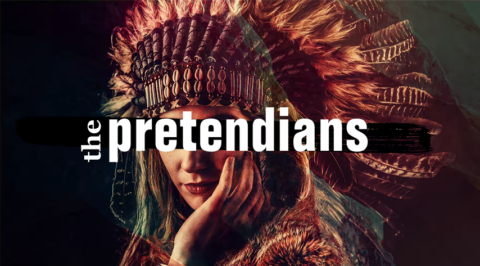Tristin Hopper on the dawning realization among Canadian provincial courts that they are facing a huge increase in the number of offenders hoping to take advantage of the reduced sentences available to First Nations people:

“The Pretendians”, a CBC documentary – https://www.cbc.ca/passionateeye/episodes/the-pretendians
A B.C. judge has warned that a “tsunami” of fake Indigenous people are set to hit the Canadian court system as offenders increasingly claim Indigenous status in a bid to obtain lighter treatment.
“A Tsunami is coming; driven by the desire of non-Indigenous people to get what they perceive to be the benefits of identifying as Indigenous,” B.C. Provincial Court Judge David Patterson said in a decision published this week.
Patterson warned his fellow judges “to be alive to the issue of Indigenous identity fraud” and begin demanding “proof” that offenders are “entitled to be sentenced as an Indigenous person”.
The decision was in regards to a Prince George, B.C., pastor, Nathan Legault, who was convicted of several charges related to the sexual victimization of young girls under his supervision, including a conviction for the making of child pornography.
But before the sentencing, Legault told the court he now self-identified as Métis, and should thus be subject to Gladue Rights — a system wherein judges are required to consider lighter and “alternate” sentences for Indigenous offenders.
First written into the Criminal Code in 1995 and then encoded in the 1999 Supreme Court decision R v. Gladue, these principles were explicitly introduced to reduce rates of Indigenous incarceration by requiring judges to consider “the circumstances of Aboriginal offenders” before applying a legal sanction.
R v. Gladue states specifically that the principle is “not to be taken as a means of automatically reducing the prison sentence of aboriginal offenders”. The decision also says that it’s “unreasonable to assume that aboriginal peoples do not believe in the importance of traditional sentencing goals”.
Nevertheless, lighter sentences and more ready bail are often the effect — to the point where the Gladue process has been criticized by Indigenous women’s groups for favouring Indigenous male offenders at the expense of Indigenous female victims.



